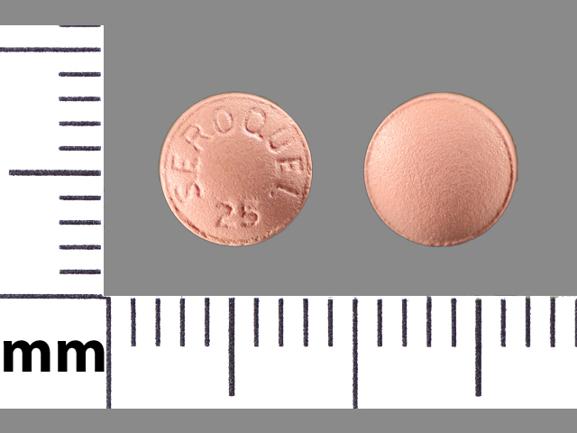Seroquel Interactions
There are 775 drugs known to interact with Seroquel (quetiapine), along with 23 disease interactions, and 6 alcohol/food interactions. Of the total drug interactions, 150 are major, 619 are moderate, and 6 are minor.
- View all 775 medications that may interact with Seroquel
- View Seroquel alcohol/food interactions (6)
- View Seroquel disease interactions (23)
Most frequently checked interactions
View interaction reports for Seroquel (quetiapine) and the medicines listed below.
- Abilify (aripiprazole)
- Adderall (amphetamine / dextroamphetamine)
- albuterol
- Ativan (lorazepam)
- clonazepam
- Cymbalta (duloxetine)
- gabapentin
- hydroxyzine
- ibuprofen
- Klonopin (clonazepam)
- Lamictal (lamotrigine)
- lamotrigine
- levothyroxine
- Lexapro (escitalopram)
- lisinopril
- lithium
- lorazepam
- Lyrica (pregabalin)
- melatonin
- metformin
- omeprazole
- propranolol
- Prozac (fluoxetine)
- Synthroid (levothyroxine)
- Topamax (topiramate)
- tramadol
- trazodone
- Vitamin D3 (cholecalciferol)
- Xanax (alprazolam)
- Zoloft (sertraline)
Seroquel alcohol/food interactions
There are 6 alcohol/food interactions with Seroquel (quetiapine).
Seroquel disease interactions
There are 23 disease interactions with Seroquel (quetiapine) which include:
- suicidality
- dementia
- QT Prolongation
- acute alcohol intoxication
- CNS depression
- NMS
- aspiration
- seizure
- hematologic abnormalities
- hyperglycemia/diabetes
- hypotension
- lipid alterations
- priapism
- weight gain
- hyperprolactinemia
- liver disease
- parkinsonism
- tardive dyskinesia
- ALT elevations
- cataracts
- hyperlipidemia
- hypothyroidism
- increase systolic and diastolic blood pressure
More about Seroquel (quetiapine)
- Seroquel consumer information
- Compare alternatives
- Pricing & coupons
- Reviews (704)
- Drug images
- Side effects
- Dosage information
- Patient tips
- During pregnancy
- Generic availability
- Support group
- Drug class: atypical antipsychotics
- Breastfeeding
- En español
Related treatment guides
Drug Interaction Classification
| Highly clinically significant. Avoid combinations; the risk of the interaction outweighs the benefit. | |
| Moderately clinically significant. Usually avoid combinations; use it only under special circumstances. | |
| Minimally clinically significant. Minimize risk; assess risk and consider an alternative drug, take steps to circumvent the interaction risk and/or institute a monitoring plan. | |
| No interaction information available. |
See also:
Further information
Always consult your healthcare provider to ensure the information displayed on this page applies to your personal circumstances.


